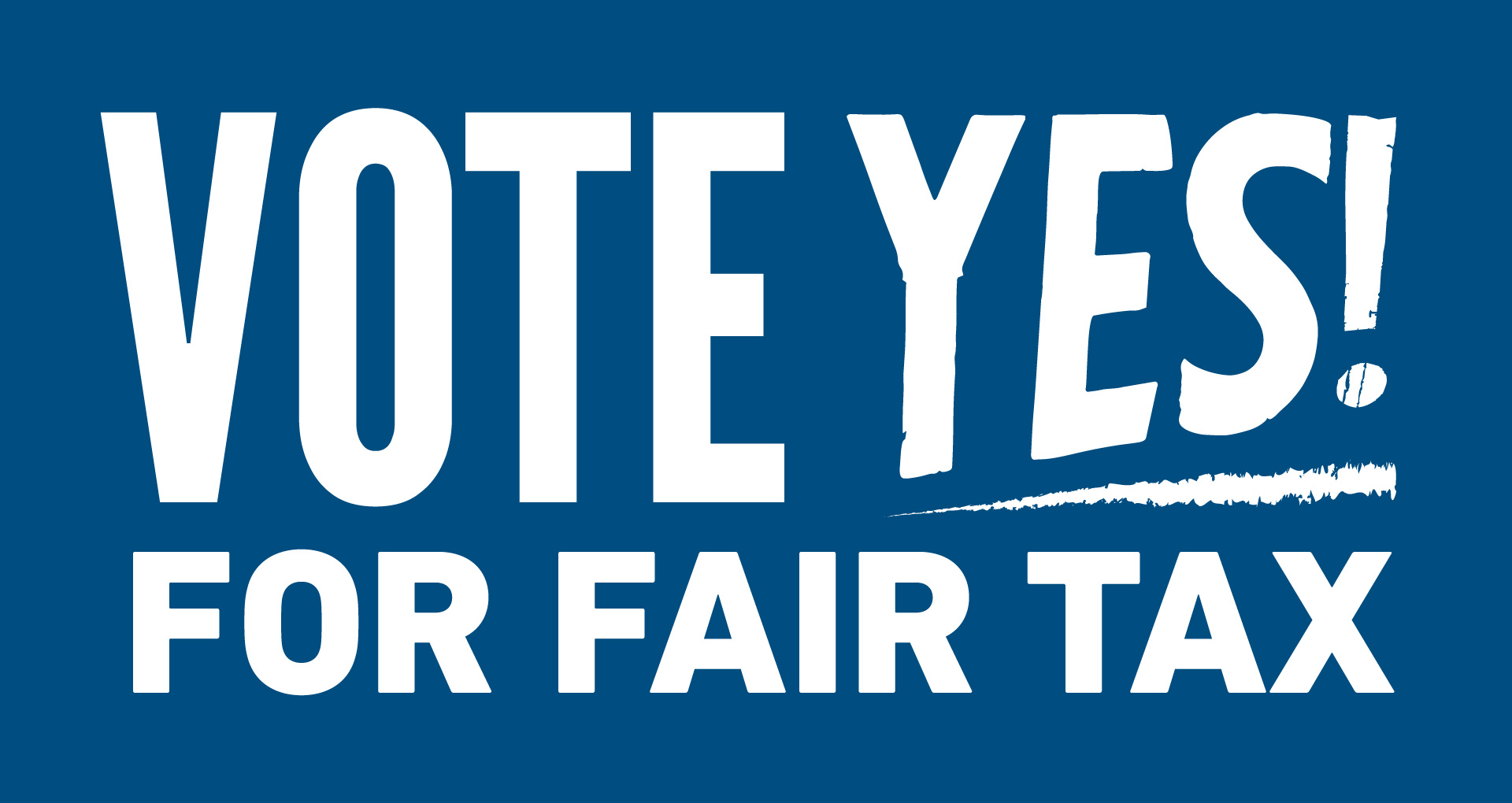
For too long, Illinois’ working and low-income residents have borne the brunt of the state’s ‘flat tax.’ A fair tax would ensure the state’s wealthiest pay their fair share and Illinois’ working and low-income residents have greater access to realizing their dreams – including going to college.
Keisha Rembert | October 2020
Keisha Rembert is an Assistant Professor at National Louis University. She is a Teach Plus Illinois Policy Fellowship alumna, 2019 Illinois History Teacher of the Year and NCTE’s 2019 Outstanding Middle Level Educator in the English Language Arts. The ideas expressed in this piece are the personal opinions of the author and not reflective of or connected to her employer.
My students are the essential workers you see stacking shelves at your local grocery store, the child care workers who are caring for and keeping young children safe, and the ones at the drive-thru window serving you while the world seems paused. They work, attend classes, take care of siblings and ill relatives and oftentimes, have been the sole support for their families during this pandemic. They are the heroes we herald and laud in this time of crisis.
While they gave the lion’s share of their energy to care for us all, they are burdened by an unfair tax system that requires more of them still — as low-income and working people in Illinois pay twice as much as wealthy people in the name of a “flat tax.”
My students have given and Illinois has taken.
It is time to right that wrong. A fair tax structure in Illinois means the wealthiest among us pay their fair share, and we do not leave the hefty financial burden to marginalized communities who have long carried this tremendous load.What would a possible state revenue increase of $3 billion a year do for my students, our essential workers? The possibilities are innumerable. It could, first, make additional educational funding more readily available and accessible, enabling my students to continue the education they so desperately desire. Their educational dreams often rest in their ability to pay for their schooling. A fair tax structure could allow for more state-directed dollars to go to financial aid grants like the state’s Monetary Award Program (MAP) that makes higher education feasible for them and other Illinoisans for whom college seems like an impossible dream.
With increased revenue and financial investments in higher education, my students mobility to the middle class and beyond is viable.The additional state revenue and financial support could also prevent institutions of higher learning from faltering as was the case for six Illinois institutions who closed their doors in 2019-20. There are educational deserts in our state–places where colleges and universities are virtually nonexistent. More places around the state could fall into this category as institutions have already experienced formidable cuts and are bracing for future cuts to state funding in the coming years.
These cuts impact my students most. They are the ones who have already been disproportionately affected by COVID-19. They are the ones already combatting an opportunity and equity gap.
My students work hard and deserve to enter a workforce eager and ready to welcome them. The current job and financial landscape look grim for them and without significant changes, like the fair tax amendment offers, the prospect of entering a healthy job market is unlikely with current double-digit unemployment rates. Inability to secure employment means a continuation and expansion of the existing wealth gap.
My students know the perils and feel the effects of Illinois not paying its bills year after year. They have lived with inadequate access to childcare and grown up in schools forced to cut teachers and without proper resources. They deserve more.
The fair tax amendment is a step toward creating a more equitable Illinois. A chance to remove the undue burden my students have been saddled with for far too long. It means more access, more funding, more resources to move Illinois forward. A vote for the fair tax amendment gives my students a chance to realize their dreams.
My mother always told me ‘life is not fair.’ I hated to hear it and wondered why life couldn’t be more fair. Her mantra is essentially what the state of Illinois has been living by with its current tax system. Now is the time to make it fair–it’s possible.
Learn more about what the fair tax could mean for Illinois Higher Education here.


